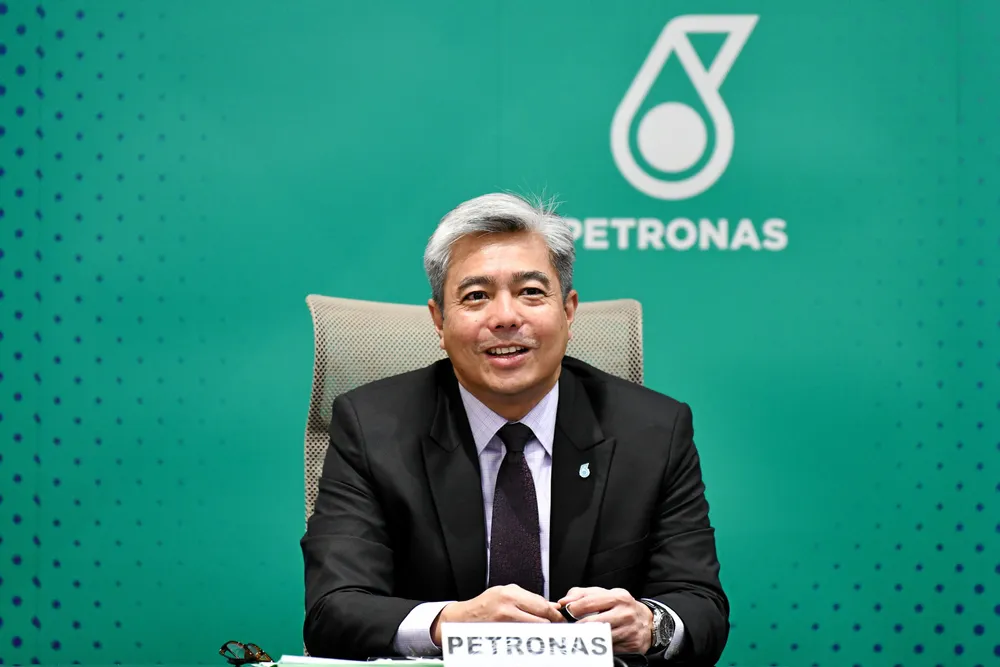CCUS value chain: Petronas partners with Japan's MOL on liquefied CO2 transportation
Pair to explore opportunities in liquefied CO2 transportation for the CCUS value chain in the Asia Pacific and Oceania regions

Pair to explore opportunities in liquefied CO2 transportation for the CCUS value chain in the Asia Pacific and Oceania regions
